#industrialization
Text
Liberals will whine about the self-supposed “horrors” of Soviet “forced industrialization” when this is what European industrialization looked like:
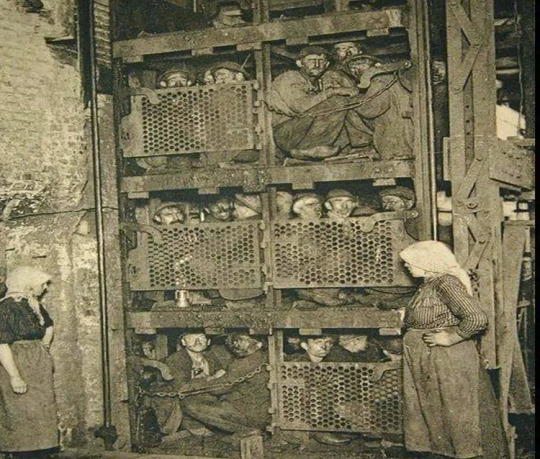


Has there been any serious attempt in calculating as of how many people that died because of work-related circumstances in the West over the period of capitalistic industrialization while furthering the enrichment and power of the bourgeoisie?
We can safely imagine it had to have been tremendously many.
Here is a serious attempt made by the German Marxist Robert Kurz:
However, the book has, as of 2023, not been translated into other languages from the original German.
149 notes
·
View notes
Text
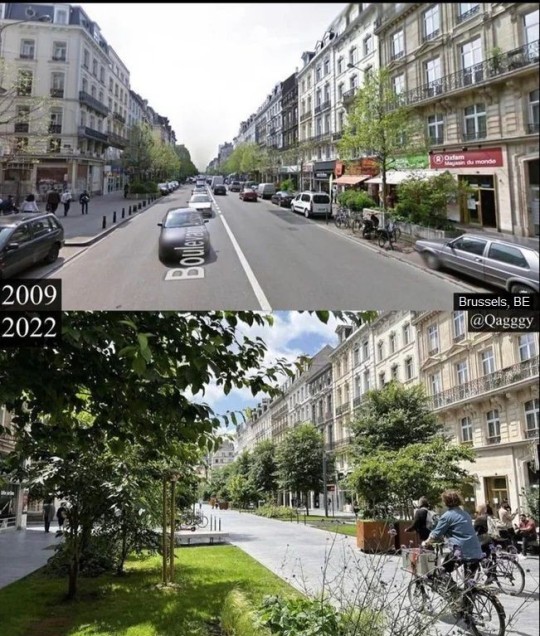

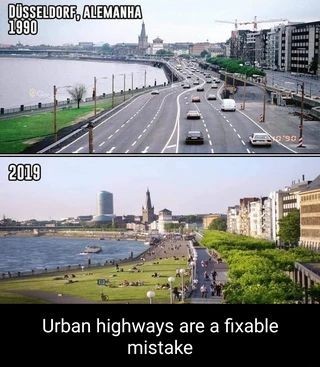
This is a good idea. We should all copy.
I hate over developed places and industrializations. Did more damage than good.
#global warming#plants#future#urban#urban highways#highways#roads#industrialization#industrial#climate change#earth
33 notes
·
View notes
Text
Capitalism and colonialism took community away from us and I want it back. I’ve heard about it from my grandparents and in books and articles online. All throughout history and still today in some parts of the world. People looking out for each other. Regularly. Relentlessly. Neighbors watching each others children, having enough food to share and actually sharing it, being invested in each others lives because everyone has different strengths.
Today community has been strategically painted as a weakness and something to be skeptical of because it is a threat to the very foundations of capitalism. And that’s a real fucking shame because in reality, growing up with community and still having that through adulthood would probably make most people generally happier and less perpetually tired and stressed. It is renewable resilient versatile adaptable self-sustaining and kind of the Ultimate Resource.
#I wish I could bake a cake filled with rainbows and smiles and everyone would eat and be happy#fuck capitalism#global community#local community#communities#community#fuck colonialism#fuck western media#settler colonialism#land back#indigenous liberation#indigenous communities#indigenous culture#human rights#renewable resources#sustainability#intersectional social justice#disability advocacy#social reformer#racial justice#wealth redistribution#healthcare reform#economic justic#environmental justice#generational healing#ancestral healing#industrialization#anti imperialism#religious tolerance#coexistence
14 notes
·
View notes
Text
I'm going insane I think


So um... I did indeed delve into photography




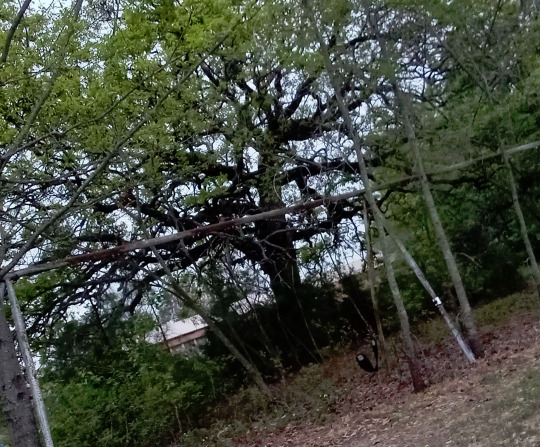
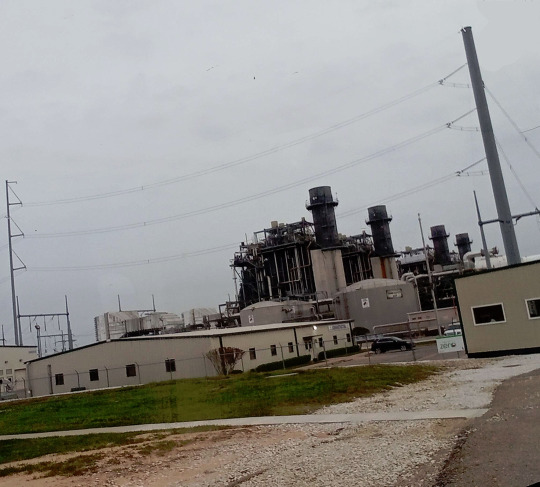

Taking these has been more fun than I thought it'd be so expect more in the future. I also made an edit/collage but tumblr limits how many images you can have in one post so stay tuned for that in the notes
places that feel lost but found. places that feel abandoned but lived in. haunted but urban, or suburban. just out of sight or rarely paid attention to, but nostalgic somehow? a softer more human side to things that are run down or broken, the inverse of a liminal space almost. These photos are just the beginning of it, I want to photograph a lot more in the near future, from small thrift stores to some of my own old belongings to cozy but messy living spaces with lighting that's a bit too yellow to old books to whatever odd things I find along the way.
#aesthetic#schoolrust#schoolrust aesthetic#abandoned buildings#architecture#abandoned places#abandoned house#abandoned photography#urban exploration#horror#horror anime#die wonder#another anime#another (2012)#urban legends#macabre#photography#alt#alternative#alternative art#post apocalypse#post apocalyptic#grunge aesthetic#soft grunge#dark grunge#grunge#(I hope I'm tagging this correctly)#industrial#industrialization#maybe no one knows what the hell I'm talking about or this is a super niche interest no one else will care about but that's ok
13 notes
·
View notes
Text
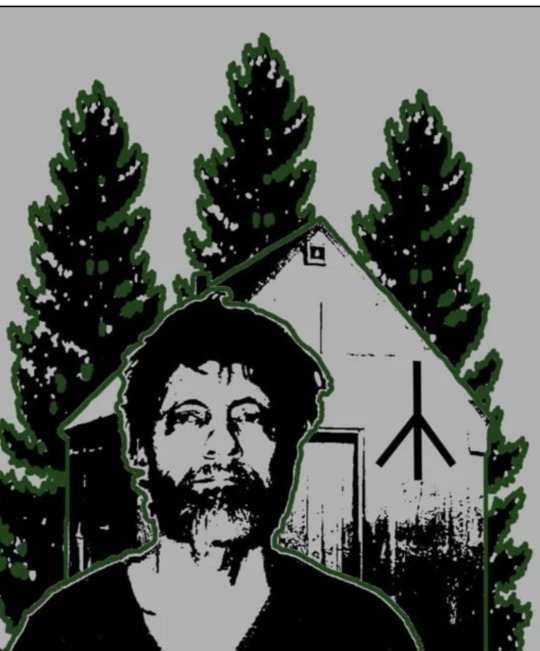
May 22, 1942 – June 10, 2023
#ted kaczynski#Unabomber#the unabomber manifesto#industrial society and its future#industrialization#degrowth#pentti linkola#montana#cabin#cabin in the woods
56 notes
·
View notes
Photo
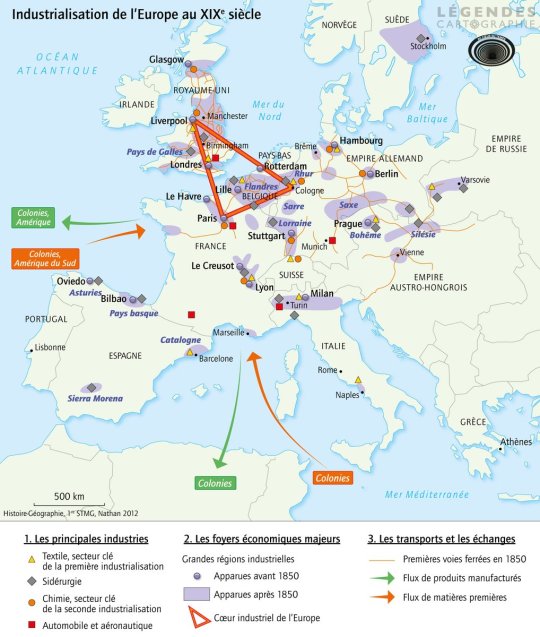
Industrialization in Europe in the 19th century
In the 19th century, Europe moved from artisanal manufacturing to mass production with the appearance of the first mechanized spinning mills. The process of industrialization then profoundly transformed European economies and societies.
by @LegendesCarto
88 notes
·
View notes
Text
115 notes
·
View notes
Text
150 Years Ago: The Bloody Frankfurt Beer Riot
On April 21, 1873, the most severe social unrest in Germany between the revolutions of 1848 and 1918 broke out in the city of Frankfurt am Main. Reason for the riot was an increase of the beer prize by 12.5 % by the local breweries from 4 Kreuzer (1 Batzen) to 4½ Kreuzer. This affected mainly the poorly paid working class, which regarded beer as a staple food. To make things worse, ½ Kreuzer coins did not exist, so people had to pay 5 Kreuzer first and received a ½ Kreuzer coupon, which they could only redeem at the same innkeeper. The prize increase happened on April 1. On April 21 was the last day of the spring trade fair, which was celebrated with a public festival, and workers generally had a day off for this occasion. In the afternoon, a crowd of about 100 people formed a demonstration, walking from the fair ground through the city center, chanting "Mir wolle Batzebier!" ("We want beer for 1 Batzen!"). The crowd grew quickly and became increasingly aggressive. Finally, they invaded breweries and inns, looting, destroying furniture smashing windows, and spilling beer onto the streets. Some breweried tried to defend themselves by pouring boiling beer at the crowd or attacking them with red hot fireplace pokers.
The police was totally overwhelmed, mainly because they hadn't kept step with the rapidly growing population and consisted of only 53 officers for a population of more than 100,000. In desperation, the chief of the police, August von Hergenhahn, alarmed the Prussian garrison that was stationed in Frankfurt since its occupation in 1866. The garrison sent out six companies, which brutally attacked the crowds, shooting at the mostly unarmed and partially drunk rioters. The violence lasted until midnight. At the end, 20 people were killed, among them an elderly woman and a ten-year-old boy. The next day, the city was under a state of siege, soldiers occupied all major public places. Schools, shops, inns, and hotels remained closed. More Prussian infantry was brought in from neighboring cities. Raids were carried out throughout the city, 300 people were arrested. Weeks later, the municipal court sentences 47 people for prison of up to 4½ years. The breweries revoked the increase of the beer prize because life and property should not be threatened because of them.
The Frankfurt Beer Riot was part of a series of similar beer or hunger revolts in other placs in Germany and reflects the discontent of the workers with their situation during the early industrialization. In this way, it was more than merely riots of a drunk mob. However, the theoretical and ideological background of the Paris Commune was totally missing. A debate on whether the masterminds were in the left or right wing of the political spectrum broke out in the media, but there was probably no mastermind at all, and the riot broke out spontaneously, Nevertheless, it led to a wave of red scare in Germany.
53 notes
·
View notes
Photo
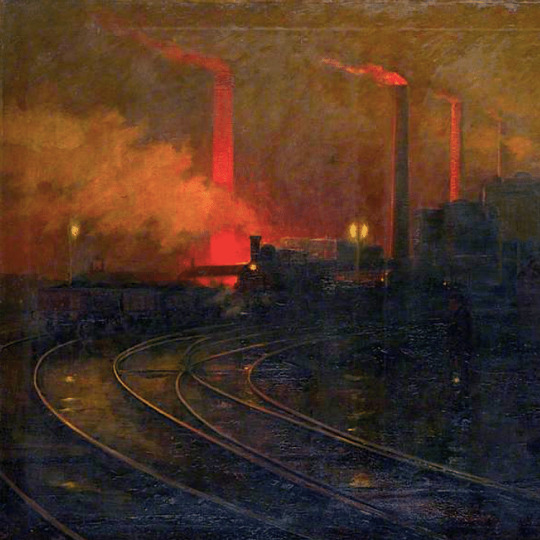
British Industrial Revolution
The British Industrial Revolution (1760-1840) brought innovative mechanisation and deep social change. The process saw the invention of steam-powered machines, which were used in factories in ever-growing urban centres. Agriculture remained important, but cotton textiles became Britain's top export, capital replaced land as an indicator of wealth, and the labour force diversified to include many more women and children.
Continue reading...
36 notes
·
View notes
Text
“If it is the fulfillment of man’s primordial dreams to be able to fly, travel with the fish, drill our way beneath the bodies of towering mountains, send messages with godlike speed, see the invisible and hear the distant speak, hear the voices of the dead, be miraculously cured while asleep, see with our own eyes how we will look twenty years after our death, learn in flickering nights thousands of things above and below this earth no one ever knew before; if light, warmth, power, pleasure, comforts, are man’s primordial dreams, then present-day research is not only science but sorcery, spells woven from the highest powers of heart and brain, forcing God to open one fold after another of his cloak; a religion whose dogma is permeated and sustained by the hard, courageous, flexible, razor-cold, razor-keen logic of mathematics.
“Of course there is no denying that all these primordial dreams appear, in the opinion of nonmathematicians, to have been suddenly realized in a form quite different from the original fantasy. Baron Münchhausen’s post horn was more beautiful than our canned music, the Seven-League Boots more beautiful than a car, Oberon’s kingdom lovelier than a railway tunnel, the magic root of the mandrake better than a telegraphed image, eating of one’s mother’s heart and then understanding birds more beautiful than an ethologic study of a bird’s vocalizing. We have gained reality and lost dream. No more lounging under a tree and peering at the sky between one’s big and second toes; there’s work to be done. To be efficient, one cannot be hungry and dreamy but must eat steak and keep moving. It is exactly as though the old, inefficient breed of humanity had fallen asleep on an anthill and found, when the new breed awoke, that the ants had crept into its bloodstream, making it move frantically ever since, unable to shake off that rotten feeling of antlike industry. There is really no need to belabor the point, since it is obvious to most of us these days that mathematics has taken possession, like a demon, of every aspect of our lives. Most of us may not believe in the story of a Devil to whom one can sell one’s soul, but those who must know something about the soul (considering that as clergymen, historians, and artists they draw a good income from it) all testify that the soul has been destroyed by mathematics and that mathematics is the source of an evil intelligence that while making man the lord of the earth has also made him the slave of his machines. The inner drought, the dreadful blend of acuity in matters of detail and indifference toward the whole, man’s monstrous abandonment in a desert of details, his restlessness, malice, unsurpassed callousness, money-grubbing, coldness, and violence, all so characteristic of our times, are by these accounts solely the consequence of damage done to the soul by keen logical thinking! Even back when Ulrich first turned to mathematics there were already those who predicted the collapse of European civilization because no human faith, no love, no simplicity, no goodness, dwelt any longer in man. These people had all, typically, been poor mathematicians as young people and at school. This later put them in a position to prove that mathematics, the mother of natural science and grandmother of technology, was also the primordial mother of the spirit that eventually gave rise to poison gas and warplanes.
“The only people who actually lived in ignorance of these dangers were the mathematicians themselves and their disciples the scientists, whose souls were as unaffected by all this as if they were racing cyclists pedaling away for dear life, blind to everything in the world except the back wheel of the rider ahead of them.”
—Robert Musil, The Man Without Qualities
(Bold emphasis mine.)
Read this absolutely brutal Musil passage soon after joking to my lover: You mathematicians are the unacknowledged legislators of the world! (An obvious reference to Shelley’s 1821 dictum that "poets are the unacknowledged legislators of the world.”)
This passage is for all of you out there who are suffering from AI vertigo. They say generative AI will make humans more “efficient.” What is all this efficiency for? Technology has been evolving at breakneck speed since the industrial revolution and we are still working just as long and hard. Efficiency has become our bondage.
Also... What the fuck does "eating of one’s mother’s heart and then understanding birds" mean? Love it, especially after reading about heart eating in medieval literature...
#Robert Musil#The Man Without Qualities#literature#capitalism#industrialization#mathematics#technocracy#technology
85 notes
·
View notes
Text


Walking down the railroad tracks is just a feeling all it’s own. It’s this feeling and excitement of being an interloper, yet you feel some sense of ownership.
It’s an amazing reminder of the steady chug of industrialization, but it also ties you back to the land and taking life slowly. This endless line, where you always just want to see around the next bend.
Walk it a bit, and you start to understand why there were people who chose such a hard and oftentimes dangerous lifestyle of just following the tracks.
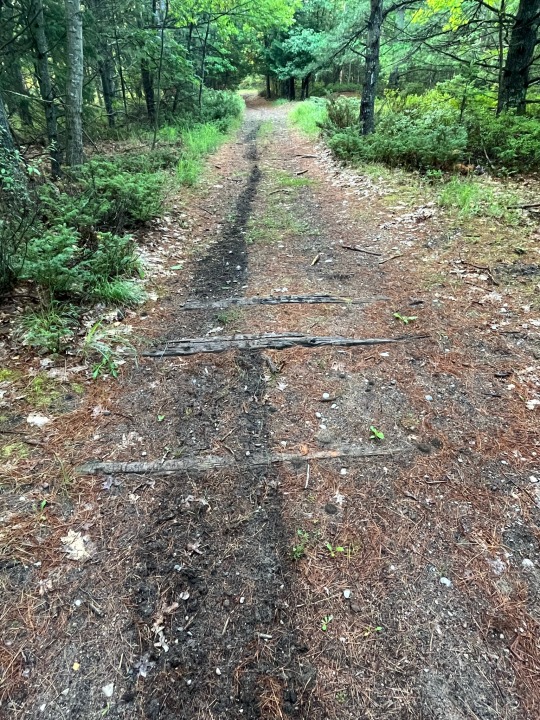
Even more fascinating when, not 20 feet away, you can find the ruins of the old tracks, forgotten when a new bridge was built. The steel was taken to be reused, and the wooden planks left to time.


Old nails and girders, left to languish beside the ruined foundations.
Like some ancient ruins out of a story, never changing, but never the same. Years ago when they first laid these tracks, there was probably a kid my age, looking up from this same spot. Down those same tracks.
Waiting for the next train to come by.
24 notes
·
View notes
Text
"What On Earth Is SchoolRust?"
Glad you asked! SchoolRust is an aesthetic (titled by me) focused on places and things that are old, abandoned, or forgotten, and most of all macabre. The locations are typically those that have decayed or broken down over time, and places that have an odd sense of nostalgia to them. I also like to put an emphasis on places that have been greatly affected by industrialization, like factories, urban settings, schools, power plants, stores, etc.... wherever you might find a chainlink fence and rusted machinery, basically.
Overall: the contrast of things that are soft and nostalgic vs things that are cold, worn down, and dreary. A slowly decaying childhood home with a cell tower looming over it, or a school playground covered in rust on a rainy day, are some images that come to mind; thus the name.
Other aspects of the aesthetic include old toys, outdated decor/architecture, thrifty and macabre clothes, as well as things that might remind you of urban legends and late 2000s-early 2010s creepypasta culture. Both the horror and comfort of the past are very welcome here.

images from Another (2012), a stock image website, this Tokyo Teddy Bear MV, and yours truly~
A lot of this aesthetic was inspired by both my interest in online horror (both as a kid and as an adult), as well as growing up in a low income area with many abandoned or outdated buildings and odd places to explore, so it's definitely a bit of a personal and hyperspecific niche; but I hope other people like it too! Maybe we can share in our experiences, and our love of the strange, forgotten, and familiar. ♥
#I specifically really enjoy the simultaneously cute and unsettling style of vintage dolls in images but that's not a requirement#industrialization#low income communities#nostalgia#horror#abandoned#abandoned photography#abandoned places#abandoned house#abandoned buildings#industrial architecture#gothic#horror anime#creepypasta fandom#vintage#thrift#thrifted#thrifty#thrifting#grunge aesthetic#industrial#urban exploration#urban photography#urban landscape#urban#urbex#urban legends#urbexphotography#rust#nostalgic
6 notes
·
View notes
Text

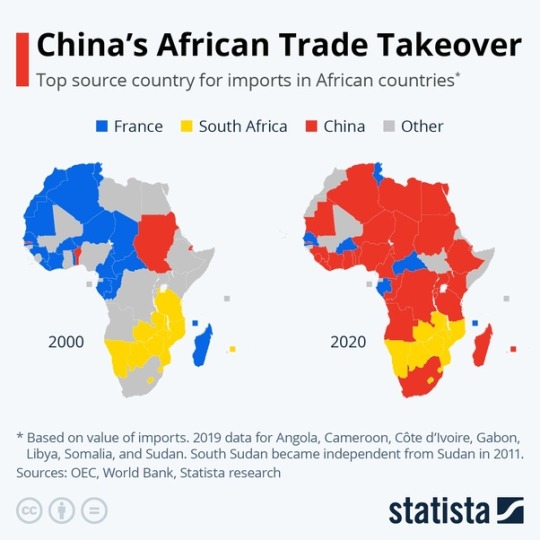
If the British or white people hadn't ended slavery would the African chiefs have continued to sell slaves till present day?
British did not end slavery for any reason other than their own need to conquer Africa. Slavery was coming to its natural end because the means of production were changing with industrialization. Do not be so stupid as to assume the British (some of the biggest tyrants in history who had the greatest empire of conquest the world has ever seen) ended slavery our of some humanitarian reasons. Those of us who study slavery know the British allowed (as a means of control) slavery in Nigeria after the so-called end. They even took slaves from the Arabs and landed them in Durban for their own purposes.
It is interesting that after ending slavery something else happened
And the plunder of Africa continued. And continues!
#african#afrakan#kemetic dreams#africans#afrakans#brownskin#brown skin#african culture#british#ifriqiya#slavery#durdan#arabs#tyrants#industrialization
22 notes
·
View notes
Text
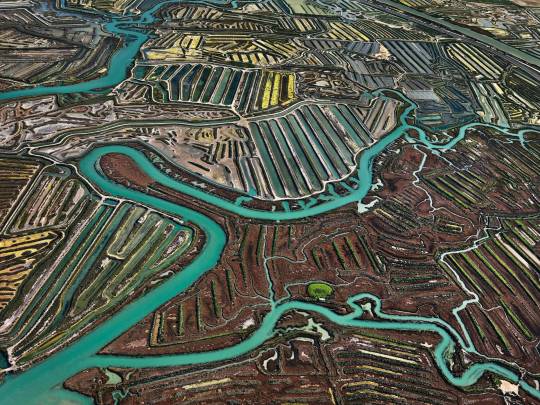
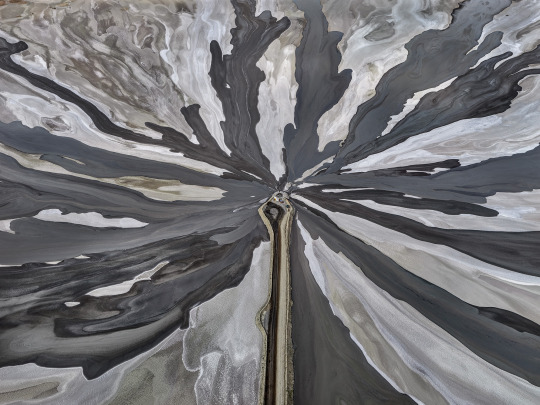




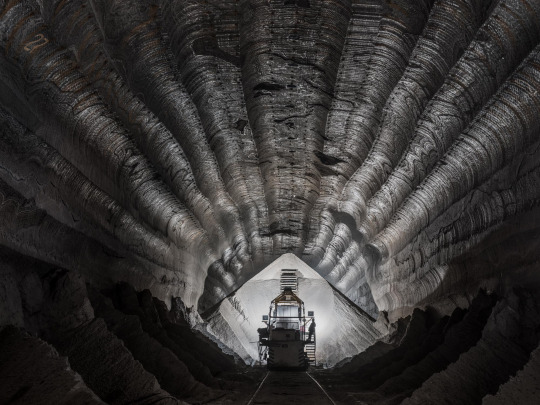



Edward Burtynsky, "Extraction/Abstraction"
“I have spent over 40 years bearing witness to the ways in which modern civilization has dramatically transformed our planet. At this time, the awareness of these issues presented by my large format images has never felt more urgent. I hope the exhibition experience will continue to provide inflection points for diverse conversations on these issues and move us all to a place of positive action.”
_Edward Burtynsky
Courtesy: Saatchi Gallery
Saatchi Gallery acknowledge the support of the Canada Council for the Arts
#art#photography#nature rights#extraction#pollution#edward burtynsky#earth#no planet b#saatchi gallery#contamination#human footprint#industrialization#acid rain
7 notes
·
View notes
Text
Soy sauce has been produced in Japan for centuries, but over time methods have changed. The best soy sauce, however, is still produced the old-fashioned way.
#Japan#soy sauce#Japanese food#Japanese cuisine#World War 2#industrialization#fermentation#barrel-aged#ancient#history#ancient origins
35 notes
·
View notes
Photo
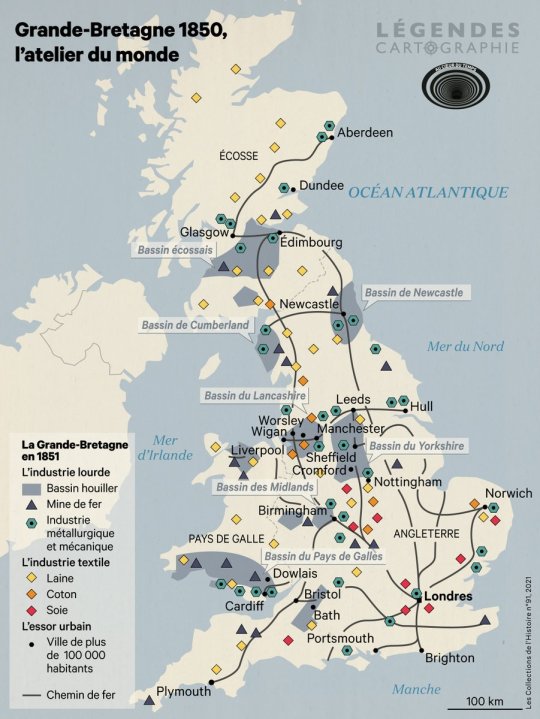
Great Britain in 1850
From the end of the 18th century, the rise of British industry benefited the coal-rich northern and western regions. In 1851 the population of the cities exceeded those of the countryside. The coal and textile basin of Lancashire becomes the industrial lung of the country.
by @LegendesCarto
71 notes
·
View notes